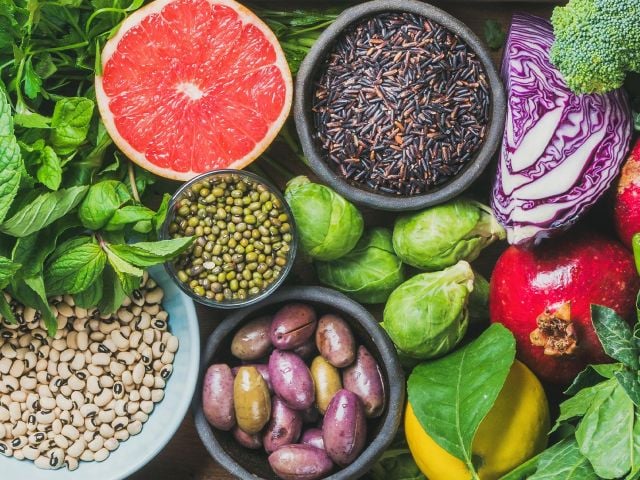Displaying 1633 - 1656 of 7441
New Study Warns Pregnant Women Millions Drink Contaminated Water
Report: Fertilizer is killing Gulf fish
Will Chemical Safety Law Be Better?
In the coming months, congressional negotiators will try to reconcile two bills aimed at fixing the nation's broken and outdated chemical safety law, the Toxic Substances Control Act. As we've made...

Cock-a-doodle-do! Crowing About False Farm Bill Savings
The House Committee on Agriculture, in a recent letter to the budget committee, boasts of being “proud to have made a significant contribution to deficit reduction with the passage of the (2014) farm...

Organic Within Reach

Maryland County Bans Lawn Pesticides — or Does It?
The Montgomery County, Maryland, Council has passed an ordinance banning what it calls “cosmetic pesticides” on private lawns. The devil, however, is in the details. The term “cosmetic” means...

UC Berkeley Scientist Developing Method to Identify Chemicals That May Raise Breast Cancer Risk
Megan Schwarzman, an environmental health researcher at the University of California, Berkeley, has come up with a novel approach to screening synthetic chemicals and pollutants for their potential to...
In Chemical Reform Law A Hidden Bailout for Monsanto’s Pollution
As the New York Times reported today, federal lawmakers may be about to give Monsanto a multi billion-dollar break. H.R. 2576, The TSCA Modernization Act, is a bill designed to update our nation's...

Nationwide Poll Finds Overwhelming Support for Stronger Cosmetics Regulation
Americans overwhelmingly want the government to ensure the safety of the personal care products they buy, according to a new national poll released today by the Mellman Group and American Viewpoint.

The Crop Insurance Industry’s Top Seven Whoppers
The crop insurance industry must be getting desperate. The federal crop insurance program from which this industry profits handsomely is coming under increasing scrutiny. The industry's claims to...

Looking For Healthier Cosmetics? Shop EWG VERIFIED®!
The shampoo you buy at your local drug store must be free of toxic chemicals and safe to use, right? Wrong.

Growing Organic

Case Study: Corn Belt Communities Plagued by Nitrate in Tap Water

Industry Chemical Bill Worse Than Current Law
Consumers rightly expect that the chemicals used in everyday products are safe.

Update: Mapping the Expanding PFAS Crisis

Toxic Cadmium in Jewelry: States Lead in Protecting Kids
In the absence of adequate federal regulation of hazardous chemicals, the states have stepped up to protect public health and the environment.

How American Industry Skips Some Chemical Safety Checks
American industry often avoids the federal government's chemical safety checks in an unexpected way, by relying on chemicals “grandfathered” by the 1976 Toxic Substances Control Act, according to a...

EWG’s #FightForChemicalSafety Campaign

Double Dipping: How Taxpayers Subsidize Farmers Twice for Crop Losses

Another Reason To Label Genetically Engineered Food: 2,4-D
Now that government agencies have given the green light to Dow AgroSciences to sell 2,4-D-tolerant, genetically engineered corn and soybeans and OK'd dousing them in Enlist Duo weed killer, there's...

EPA Disregards Toxic Weed Killer’s Risks to Children
The Environmental Protection Agency appears poised to approve Dow Chemical's bid to market a new toxic weed killer based on an agency analysis that failed to consider its danger to children's health...

Rep. Davis Doesn’t Think You Can Handle Knowing Whether Your Food Is Genetically Engineered
Rep. Rodney Davis (R-Ill.) and some of his colleagues are telling American consumers they can't handle the truth.
